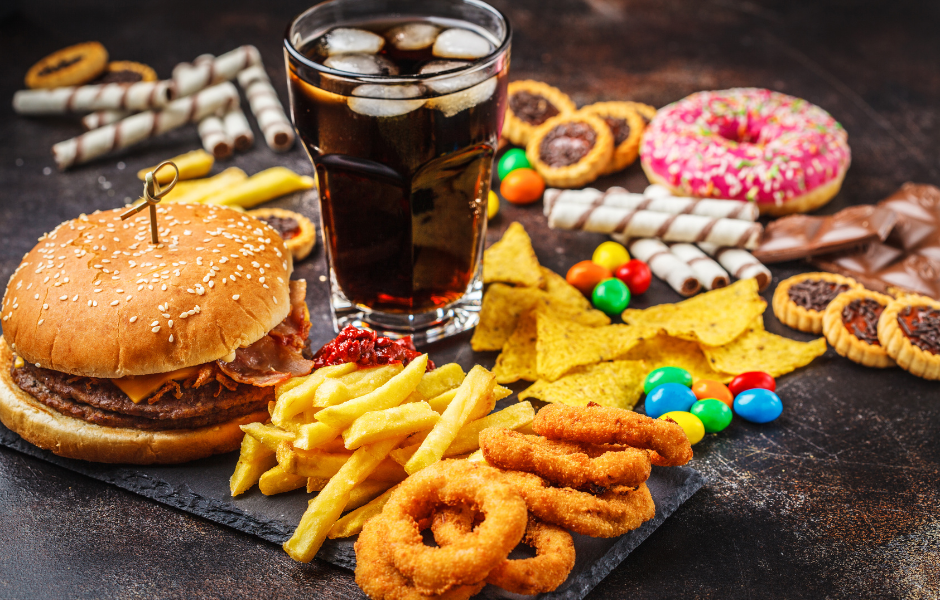Taking Control of Your Health: Foods to be Cautious of with High Blood Pressure

High blood pressure, also known as hypertension, is a prevalent health condition affecting millions of people worldwide. It can lead to severe complications such as heart disease, stroke, and kidney problems. While medication and lifestyle changes play a crucial role in managing hypertension, your diet plays an equally important part.
In this blog post, we will explore the foods that individuals with high blood pressure should avoid.
Salt and Sodium-Rich Foods
Excessive sodium intake is known to raise blood pressure levels. Processed foods, fast food meals, canned soups, and packaged snacks are often laden with hidden sodium content. It is essential to read food labels carefully and limit your daily sodium intake to less than 2,300 milligrams (mg). Opt for fresh, whole foods and use herbs and spices instead of salt to enhance flavor.
Processed Meats
Processed meats such as hot dogs, sausages, bacon, and deli meats are high in sodium, unhealthy fats, and additives. These components can significantly increase blood pressure levels and contribute to heart disease. Replace processed meats with lean protein sources like skinless poultry, fish, beans, lentils, and tofu.
Sugar and Sugary Beverages
Added sugars not only lead to weight gain but also contribute to hypertension. Sugary beverages like soda, energy drinks, sweetened teas, and fruit juices contain high amounts of hidden sugars. Be mindful of your sugar intake and opt for water, unsweetened beverages, or herbal teas instead.
Alcohol
Excessive alcohol consumption has been linked to high blood pressure. It can also interfere with the effectiveness of blood pressure medications. Moderate drinking is defined as up to one drink per day for women and up to two drinks per day for men. However, it is advisable to consult with your healthcare provider regarding alcohol consumption guidelines based on your specific circumstances.
Caffeine
While moderate caffeine intake is generally safe for most individuals, excessive consumption can cause a temporary increase in blood pressure levels. It is recommended to limit your daily caffeine intake to no more than 400 milligrams (mg) or roughly 2-3 cups of coffee per day. Be aware that caffeine is also found in other sources like tea, chocolate, and some medications.
High-Fat Foods
High-fat foods, particularly those containing trans fats and saturated fats, can contribute to high blood pressure and heart disease. Avoid fried foods, fatty cuts of meat, full-fat dairy products, and commercially baked goods. Instead, choose healthier fats like avocados, olive oil, nuts, and seeds.
Excessive Salt Substitutes
While reducing sodium intake is crucial, it is important not to compensate with excessive use of salt substitutes. These substitutes often contain potassium chloride, which may be harmful if consumed in excess. Consult with your healthcare provider before using salt substitutes and ensure they are suitable for your particular health needs.
Managing high blood pressure requires a multi-faceted approach, and dietary modifications play a vital role. By avoiding foods high in sodium, processed meats, sugary beverages, excessive alcohol and caffeine, high-fat foods, and excessive salt substitutes, you can take control of your blood pressure levels and improve your overall health.
Remember, each individual’s health needs may vary, and it is essential to consult with your Suvida provider. By making informed choices about your diet, you can empower yourself to lead a healthier and more balanced lifestyle.
Call us today and we can help you get on track with any and all of your dietary needs!
